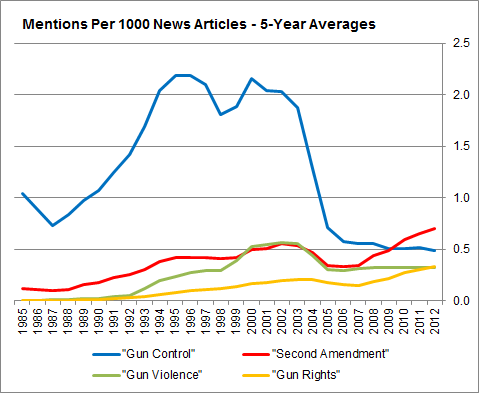Annals of dialect prejudice
Neetzan Zimmerman, "Pronunciation Nazi Pat Sajak Steals Thousands of Dollars from Wheel of Fortune Contestant Over Dropped ‘G’", Gawker 12/21/2012:
A failure to enunciate to Wheel of Fortune host Pat Sajak's liking cost a contestant a bundle of money earlier this week along with the rest of the game.
Renee Durette, a Navy Intel Specialist from Merritt Island, Florida, thought she had the puzzle in the bag.
In fact, she did: Durette correctly answered "seven swans a-swimming" with seven missing letters. Except that, in her twang, swimming became "swimmin'," a pronunciation Sajak found unacceptable.
Durette subsequently lost her turn as well as $3,850, and the puzzle was turned over to the next contestant, Amy Vincenti, who promptly solved it.

